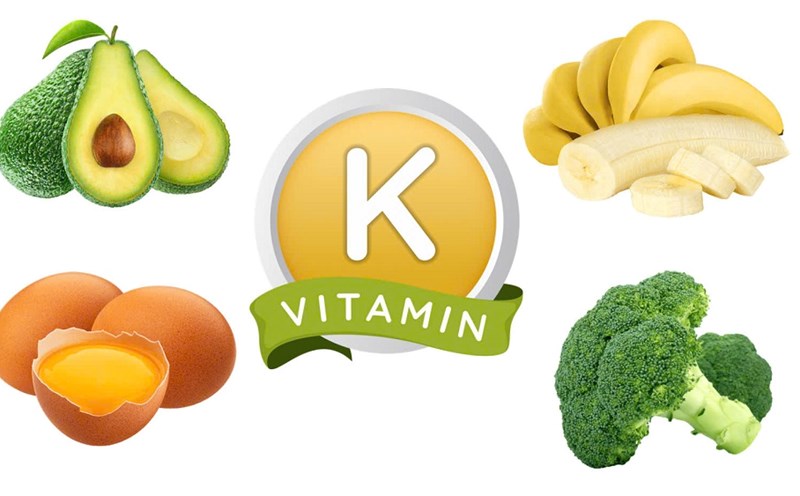According to Dr. Michael Greger - nutritional medicine expert and author of How Not to Die, the timing of vitamin absorption is a key factor: Table-soluble vitamins in fats such as A, D, E, K should be taken during or after meals with fat for best absorption. If you drink it in the morning on an empty stomach, your body will hardly absorb these precious nutrients.
He also noted that vitamin D - which plays an important role in cell regeneration and increased collagen production - is best when supplemented at lunch or afternoon, when digestive enzymes are active.
Meanwhile, water-soluble vitamins such as C and group B are suitable for early morning.
Vitamin C should be taken in the morning because it helps activate enzymes that protect cells from oxidative stress - the main cause of aging, says Dr Sarah Brewer, a doctor and nutritionist in the UK.
Drinking Vitamin C at night is not harmful but reduces antioxidant effects compared to during the day, when the body has to face many harmful environmental agents".
Not only that, vitamin B (B6, B12) should also be taken in the morning, because they have the effect of stimulating the nerves, enhancing energy metabolism and improving mood.
Drinking at night can easily cause difficulty sleeping, thereby indirectly affecting the skin cell regeneration cycle - which occurs mainly at night.
In addition, scientists also note the time to take micronutrients such as zinc, selenium or collagen peptides.
According to research published in the Journal of Clinical Nutrition, using hydroponic collagen combined with vitamin C in the morning will promote more effective natural collagen synthesis.
Meanwhile, drinking zinc in the evening - far from meals - will reduce the risk of competing for absorption with other minerals and help support tissue regeneration while sleeping.











